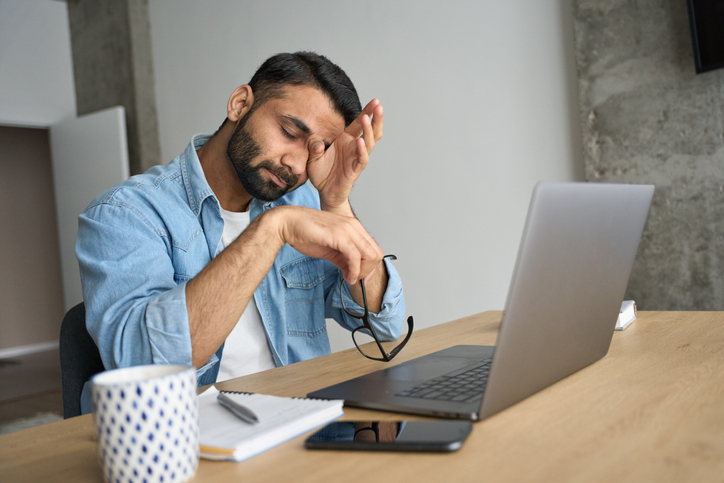Do you find yourself feeling exhausted and drained despite getting enough sleep? Are you struggling to keep up with your daily tasks and activities? If so, you might be suffering from low energy availability. This condition occurs when the body doesn’t have enough energy to function properly due to a lack of fuel from food or other sources.
What is Low Energy Availability?
Low energy availability is a state in which the body doesn’t have enough energy to function optimally. This can be due to a variety of factors, including poor nutrition, stress, and over-exercise. When the body doesn’t have enough energy, it can lead to a range of symptoms, including fatigue, decreased motivation, and decreased mental clarity.
Symptoms of Low Energy Availability
Some common symptoms of low energy availability include:
- Fatigue
- Decreased motivation
- Decreased mental clarity
- Difficulty concentrating
- Irritability
- Depression
- Decreased libido
- Insomnia
If you’re experiencing any of these symptoms, it’s important to speak with a healthcare professional to determine the underlying cause and develop a plan for treatment.
Treatment for Low Energy Availability
Treatment for low energy availability will depend on the underlying cause, but there are several approaches that can help improve energy levels and reduce symptoms. Some of these include:
Improving Nutrition
Eating a well-balanced diet that provides the necessary nutrients for optimal health is key to improving energy levels. A diet that includes a variety of whole foods, such as fruits, vegetables, lean proteins, whole grains, and healthy fats, can provide the vitamins, minerals, and antioxidants needed to support energy production. Staying hydrated by drinking plenty of water is also important for maintaining energy levels.
Reducing Stress
Stress can take a toll on the body, leading to feelings of fatigue and decreased energy levels. To reduce stress, it’s important to find ways to manage it. This can include practising relaxation techniques, such as deep breathing, meditation, or yoga, or finding activities that you enjoy and that help you unwind.
Engaging in Regular Exercise
Regular exercise can play a major role in boosting energy levels and overall wellness. By improving circulation, exercise helps to increase the delivery of oxygen and nutrients to cells and tissues, leading to increased energy production. This in turn can help you feel more energetic and alert.
Exercising releases endorphins, which are natural mood-enhancers, and helps to alleviate stress, leading to a more relaxed and rejuvenated state. Improved sleep quality is another benefit of regular exercise, which can contribute to a further increase in energy levels.
Receiving Massage Therapy
Massage therapy has been shown to be a valuable tool in enhancing energy levels and overall health as it improves the delivery of oxygen and nutrients to cells and tissues, leading to an increase in energy production. On top of that, a remedial massage therapy is a highly effective method in reducing stress, promoting relaxation, and improving sleep quality – all factors that contribute to higher energy levels. Moreover, massage therapy can assist in releasing muscle tension, reducing pain, and enhancing range of motion, making it easier to maintain an active lifestyle through regular exercise.
Take note that regular massage therapy can provide sustained benefits for energy availability and overall wellness. As such, it is recommended to incorporate it as a regular part of a comprehensive self-care regimen.
It’s important to note that low energy availability can be a sign of a more serious underlying condition, such as anaemia or thyroid problems, so it’s important to speak with a healthcare professional to determine the underlying cause and develop a plan for treatment.
Low energy availability can be a challenging condition to deal with, but with the right support, it’s possible to improve energy levels and reduce symptoms. Improving nutrition, reducing stress, engaging in regular exercise, and receiving remedial massage therapy can all be effective in improving energy levels and overall health. If you’re experiencing symptoms of low energy availability, it’s important to speak with a healthcare professional to determine the underlying cause and develop a plan for treatment.

